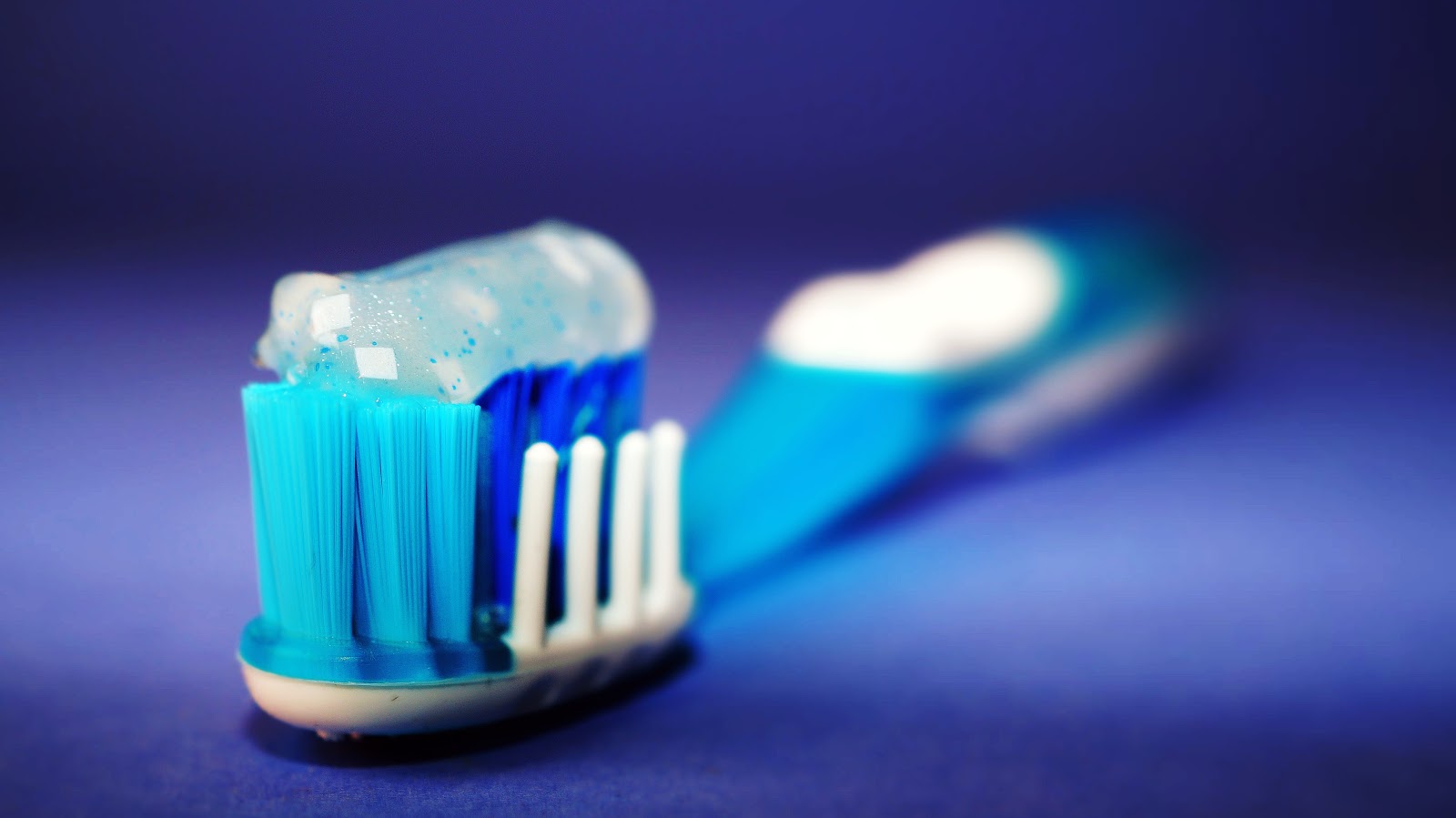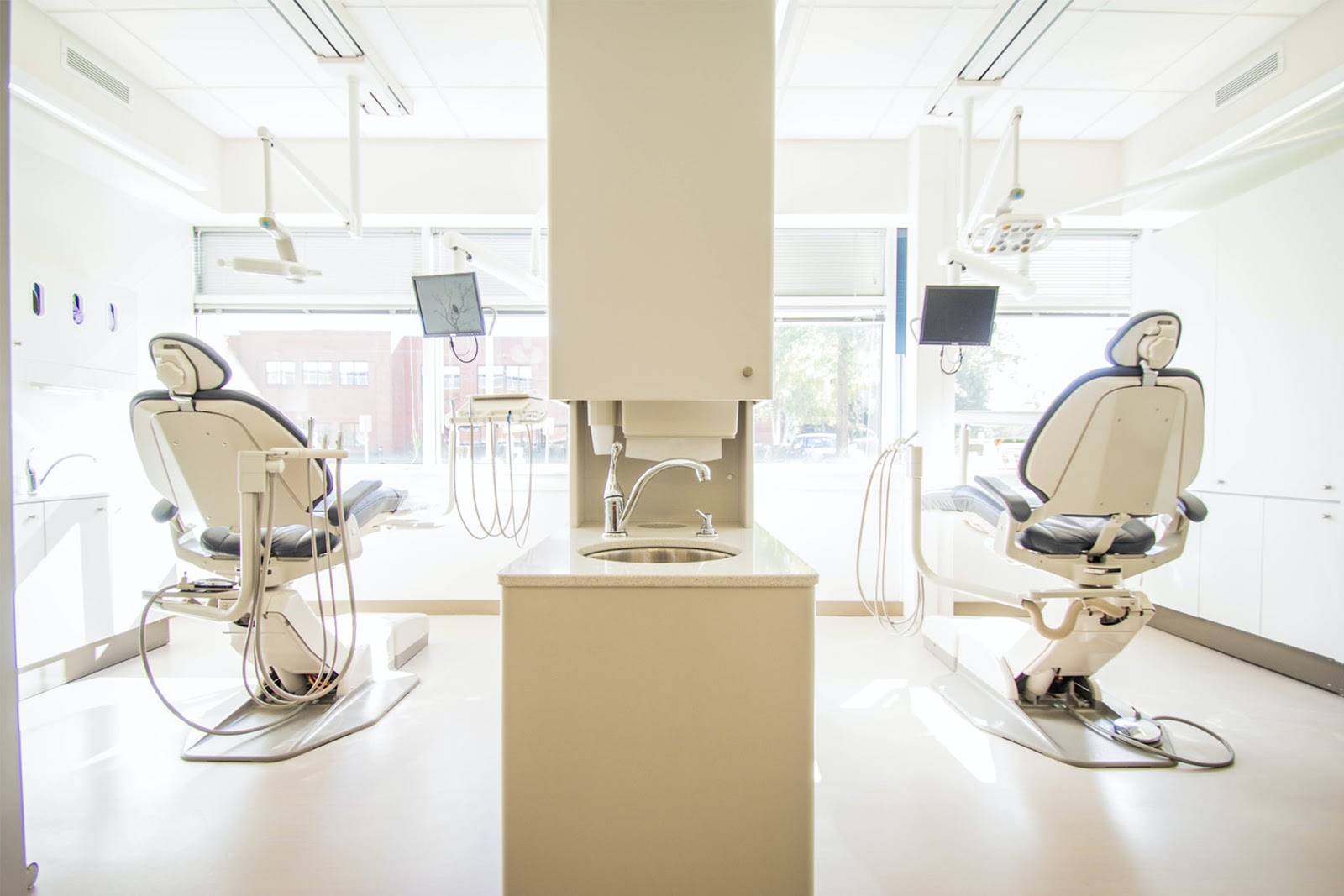A trip to the dentist may not be everyone’s favorite, but as you grow older, taking regular trips to the dentist remains important. Your oral health directly links to other health conditions you may have. When you go to the dentist regularly, you’re able to catch oral hygiene problems while they’re still easily treatable and not causing you pain. Keeping up with your oral health may help you live a safer and more comfortable life. Looking for special tips for older individuals from a leading dentist? Pittsburgh, PA dentist Dental & Aesthetics of Pittsburgh breaks it down.
Common Oral Health Problems for Older Adults from a Dentist in Pittsburgh, PA
Take care of your oral hygiene needs to reduce risks of diseases

Tooth Decay
With plaque buildup, the enamel of your teeth can be harmed. Older adults may also experience dry mouth. Both of these issues can cause cavities, or tooth decay. Regular dental appointments can help stop the progression of tooth decay. Without treatment, you may experience pain with the cavity and may need to seek further treatments, depending on how severe the cavity is.
Gum disease
Did you know gum disease in older adults is common? About 68% of adults 65 and over have it. Gum disease can be painful and unpleasant, including symptoms of swollen, tender, or bleeding gums, loose or sensitive teeth, and receding gums. The treatment of gum disease will vary depending on the severity, but your dentist will also recommend keeping up with healthy oral hygiene habits at home.
Tooth Loss
Tooth loss is fairly common for older adults. Because of tooth loss, a common problem is lack of nutrition. Because you may not be able to chew hard foods, you may opt to only eat soft foods, cutting back on your options for nutrition. If you’ve lost a tooth and can’t eat the foods that you need to maintain a healthy diet, schedule an appointment with your dentist to discuss alternative options.
Increased risk of pneumonia
Poor oral health plus the habit of smoking makes people more likely to get pneumonia. Bacteria from the mouth quickly travels to the lungs when we breathe, thus increasing the risk. Regular visits to your dentist and taking care of your teeth can help decrease your risk of pneumonia.
Tips for Good Oral Health From A Dentist | Pittsburgh, PA

Care for your dentures
Though dentures are technically false teeth, you should still care for them as you would your own teeth. Dentures, your teeth, and your gums should be cleaned every day. Here are some tips on how to properly clean your dentures:
- When removing dentures, be sure to stand over a towel or a bowl of water so that your dentures don’t fall and break.
- Clean dentures daily. Use a brush designed to clean your dentures or a soft-bristled toothbrush if necessary. Avoid using toothpaste as this may scratch your dentures and aim to brush your dentures with a denture cleaner such as Polident or Efferdent. Brush all surfaces of your dentures and be sure to remove any stuck-in foods.
- Remove your dentures from your mouth every night. When you sleep with dentures in, you run the risk of choking on them if they come loose. Store them in lukewarm warm water (never hot water) or denture-cleaning liquid overnight. Do not let your dentures dry out.
- Leave your dentures out for at least hours per day to let your gums heal. If you experience redness or irritation, let your gums rest before inserting your dentures. If your irritation does not subside, schedule an appointment with your dentist.
- Brush your teeth, gums, tongue, and the roof of your mouth with a soft bristled brush before you put in your dentures.
- Replace your dentures every five years. Daily use of your dentures will wear them out over time.
Switch to an electric toothbrush
As you get older, it may become more difficult to hold a toothbrush, let alone properly brush your teeth. To avoid any struggle, consider switching to an electric toothbrush. Switching to an electric toothbrush can not only give you a better clean teeth feel, but can also provide some health benefits. The Oral Health Foundation found that people who used an electric toothbrush were more likely to have healthier gums, keep their teeth for longer, and experience less tooth decay.
Electric toothbrushes have also become much more affordable in the recent years, providing much more accessibility to cleaner teeth.
Floss regularly
You may have been told by your dentist before that you need to floss more frequently. Though it may not feel like it does much for our oral health, there are actually so many benefits from flossing that you may not have realized.
- Flossing removes the plaque buildup on the two sides of the teeth that brushing doesn’t reach. When you don’t remove the plaque on the sides of the teeth, you run the risk of swollen gums, cavities, and gum disease.
- When you floss regularly, you decrease the risk of gingivitis, which is the early stage of gum disease. When you floss and your gums bleed, it’s a sign that you need to floss more frequently.
- Flossing helps promote good oral health, which reduces your risk of illnesses related to gum disease such as stroke, diabetes, heart disease, and rheumatoid arthritis.
Make sure you’re flossing properly when you do floss for optimal results. If you have trouble flossing your teeth, you may want to consider an electric flosser, which much like an electric toothbrush may be an easier alternative.
Maintain a healthy diet
A well-balanced diet can go a long way when it comes to your oral health. Ensure you’re eating from a variety of all the food groups. Calcium-rich and VItamin-C rich foods promote optimum oral health. Try to shy away from sugary foods as they can cause tooth decay.
Quit smoking
While this may be easier said than done, there are many oral health benefits to quitting smoking. Beyond tooth staining, smoking can lead to gum disease, tooth loss, and mouth cancer. You may produce more plaque when you smoke, and because smoking causes a lack of oxygen in your bloodstream, your gums may not heal as quickly.
Schedule regular dentist appointments
We recommend that patients see their dentist every six months for routine check-ups and cleanings. With this being said, if you experience any problems with your teeth, you should schedule an appointment as soon as possible.
What to expect at a Dental Exam at your dentist in Pittsburgh, PA

Inform your dentist about health conditions and medications
Your health conditions or medications you take may have an impact on your oral health. When your dentist is aware of your medications and your oral side effects, they may be able to offer alternative methods or tips to ensure your side effects aren’t intolerable.
Be prepared to answer any questions regarding changes in your oral health
Before your dentist exam, you should be prepared to answer any questions about changes in your oral health that they may need to know about. Here’s some things to think about prior to your exam:
- Any recent changes in your mouth
- Any loose or sensitive teeth
- Difficulty chewing or swallowing
- A change in your sense of taste
- Any pain or discomfort
- Any lumps or swelling in your mouth
Thinking about these ahead of time and making a list will ensure you provide all the necessary information to your dentist that they may need to get to the root of your problem. Need to schedule an appointment with a dentist in Pittsburgh, PA? Contact us today to schedule a checkup.

